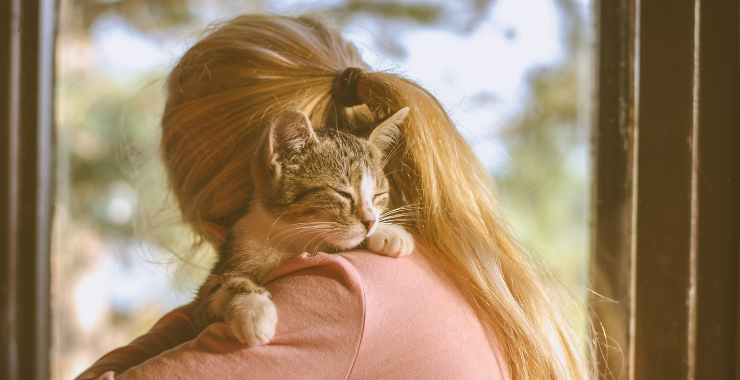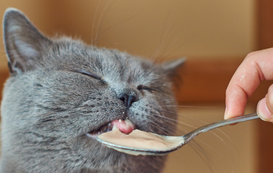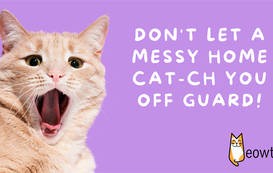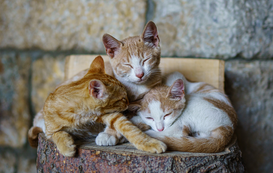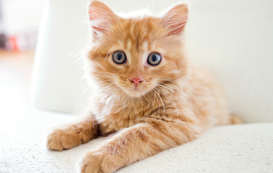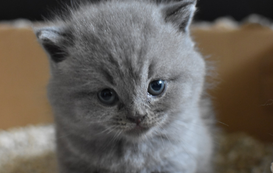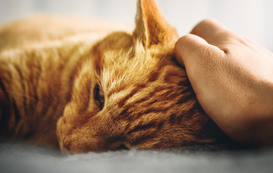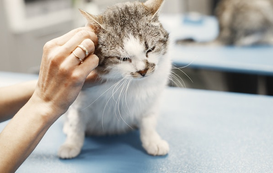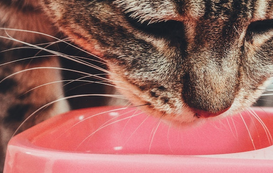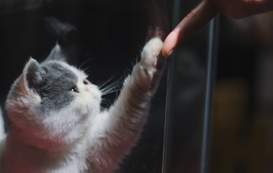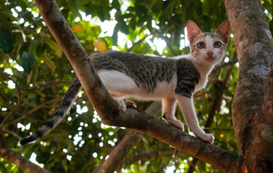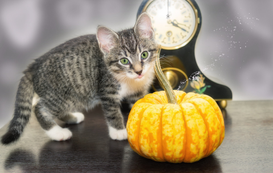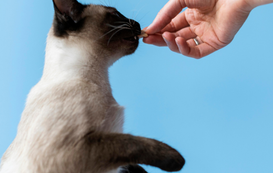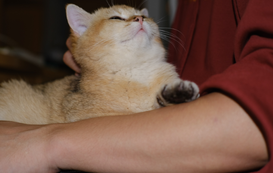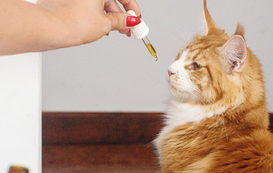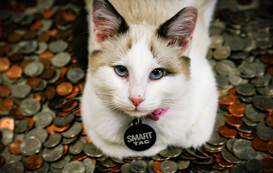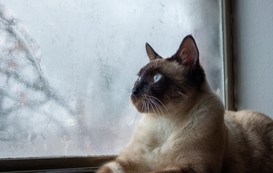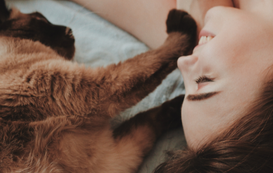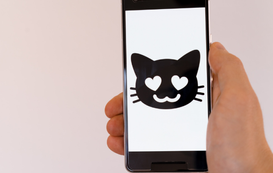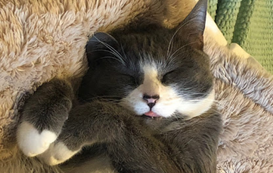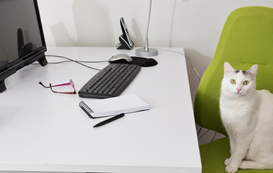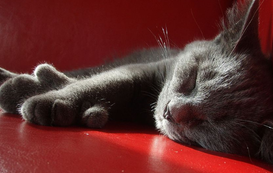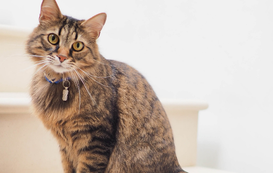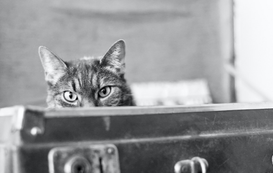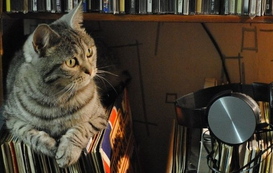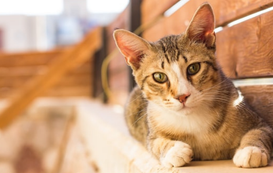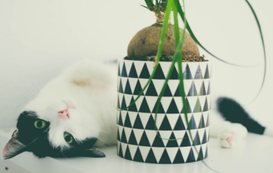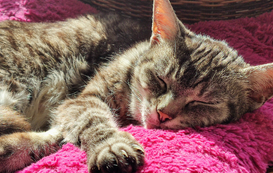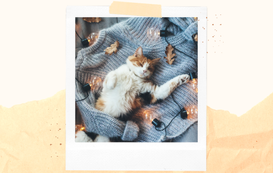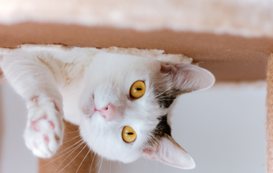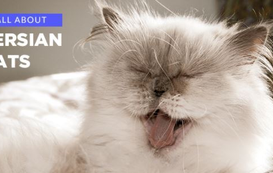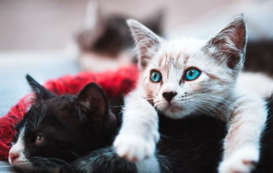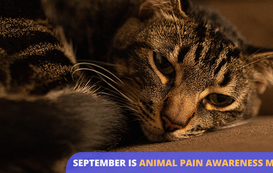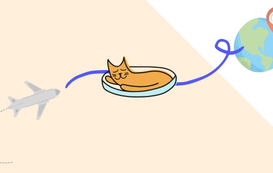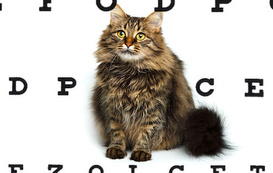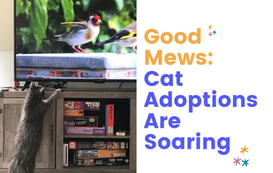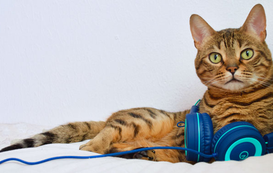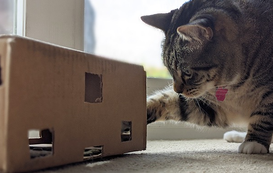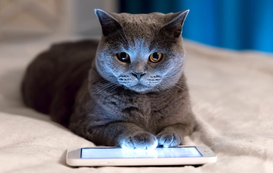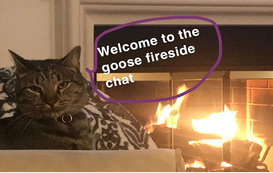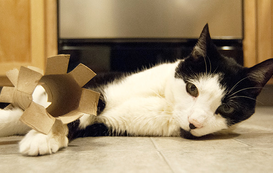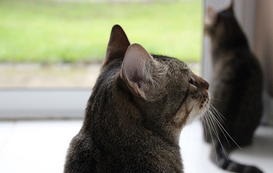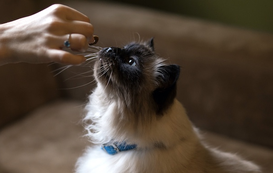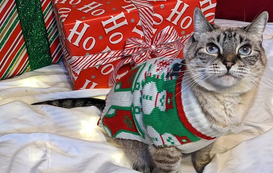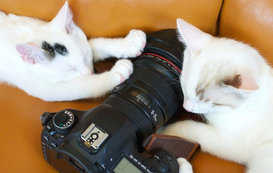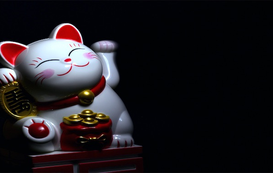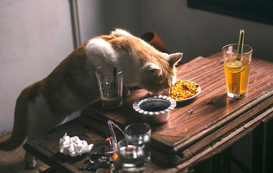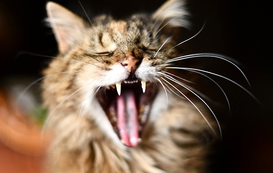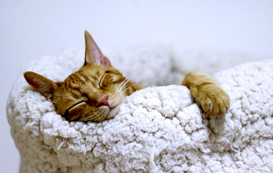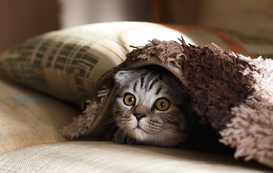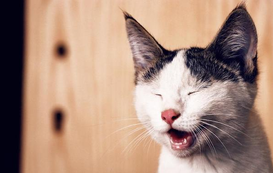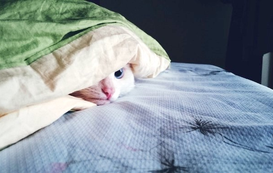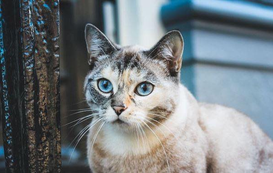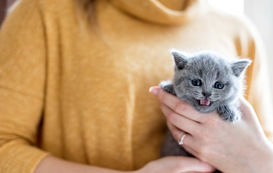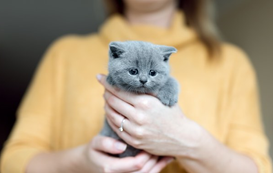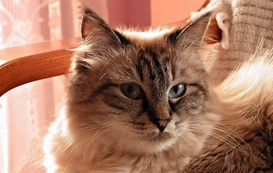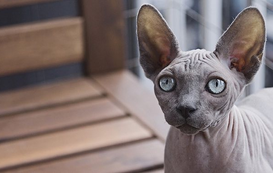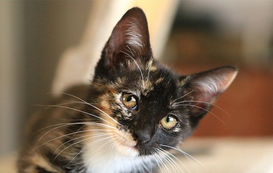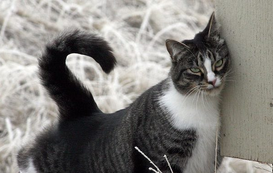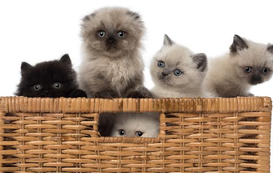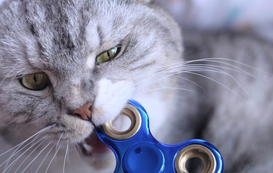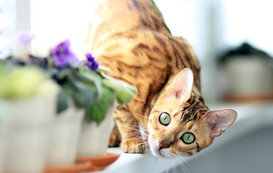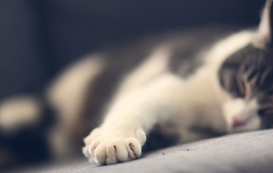9 Ways to Help your Cat with Separation Anxiety and Depression
As a pet owner, knowing how your cat will react when you leave home is hard. Some cats are highly attached to their people, while others are dismissive or shy. Left alone at home, just like humans, cats can experience unpredictable emotions.
Develop a better understanding of your pet by monitoring your cat's behavior. If they exhibit symptoms of separation anxiety or depression, there are several things you can do to make them feel at ease.
How Do Cats Feel When You Leave Them?
Different cats will have different feelings. These feelings can vary by the individual cat's personality, and their previous experiences in life. It can also depend on their comfort level in the space. A new kitten in their new home might react differently when left alone than an adult cat who is acclimated to being solo for long periods of time.
The wide range of emotions can include signs of separation anxiety, attachment, independence, boredom, loneliness, and, in some cases, fear. Docile cats may have unexpected behavioral problems. Active, happy cats might seem lethargic and depressed; however, every cat's needs are consistent. Beyond cat food and fresh water, they all need a stable routine, a loving home, and healthy options for enrichment.
Signs of Cat Separation Anxiety
Cat separation anxiety can affect your feline's mind and well-being in many ways. Learn to recognize the signs, so if your cat has an issue, you can work to help them feel at ease.
Aggressive or Destructive Behavior
You may begin to find scratched furniture or chewed objects, or see your cat engage in other destructive activities to cope with their anxiety. They may even become aggressive to family members or cat sitters on Meowtel.
Attention-Seeking
Cats with separation anxiety might demand more attention from their cat parents (and sometimes, that demand for attention is loud and clear at 4 a.m.)
Vocalization
Your cat may meow regularly to get your attention, but if they're stressed, they may yowl or make other loud noises when left for long periods of time.
Indoor Accidents
Some cats with separation anxiety may stop using the litter box, choosing to urinate or defecate in other places of the home despite being well-trained. Bedding, rugs, and other furnishings are common targets.
Over-Grooming
Distressed cats may excessively groom themselves, leading to fur loss or skin issues.
Restlessness
Anxious cats may pace around the house when separated from their owners. Their restlessness is enough to disrupt their ordinary routine and may affect their eating and sleeping schedules.
Hiding
Cats showing signs of distress might go into hiding when their pet parents are out of the house. They may prefer a safe, secluded spot until their human returns. This can make it hard for a family member or cat sitter on Meowtel to care for the furball properly.
Changes in Appetite
Separation anxiety can affect a cat's appetite, causing them to overeat or lose interest in food.
Depression
In severe cases, cats may appear lethargic, disinterested in playtime, or display signs of depression.
9 Ways to Help your Cat with Separation Anxiety
Helping your cat cope with separation anxiety requires patience and understanding. Monitor your cat's behavior and try these tips some find helpful next time you leave your cat home alone:
Avoid long, emotional goodbyes. Keep your departures and arrivals short and sweet to prevent anxiety triggers.
Maintain a consistent routine. Booking a cat sitter on Meowtel to drop in when you're away can help with consistency.
Provide an enriching experience with window seats and interactive toys like puzzle feeders, scratching posts, and cat trees.
Practice separation training to desensitize your cat so it can stay alone for longer periods of time.
Use positive reinforcement. Reserve special treats and select toys for the days you're leaving.
Provide comforting scents, such as an unwashed item of your clothing that contains your pheromones, a catnip toy, or a blanket where they can snuggle.
Consider adopting another cat to provide companionship.
Create a safe space for the cat to rest, especially if the cat will be left home alone with another pet, like a dog.
Consult with your veterinarian or behaviorist about other techniques or medication.
When to Seek Professional Help
If you think your cat has separation anxiety or depression, bring it to your veterinarian's attention. They may have other recommendations or medications that can help put your pet at ease during its time alone. A vet can also refer you to a behaviorist who can further help identify the cause of the anxiety. Together, these cat care professionals can help modify your routine and environment so that your cat feels more secure and at-ease while you're away.
Cats are creatures of habit, so booking cat sitting services can help take the edge off a stressful transition. Cat sitters on Meowtel provide in-home cat sitting for indoor cats, helping to make your feline friend's comfort a top priority. Cat sitters on Meowtel visit your home, offering a flexible range of visitation options, from quick 20-minute check-ins to extended 60-minute visits with lots of cuddles. Many cat sitters also offer overnight stays, making long nights less stressful for depressed cats. Sitters on Meowtel understand how important it is for your cat to feel relaxed and safe in their home.
Whether you're planning a trip or need last-minute help, Meowtel is here to assist. Cat sitters on Meowtel can customize services to accommodate your cat's unique needs. Find a sitter for your furry friend and enjoy genuine peace of mind.
Ready to help your cat feel more secure? Find a cat sitter on Meowtel today!

